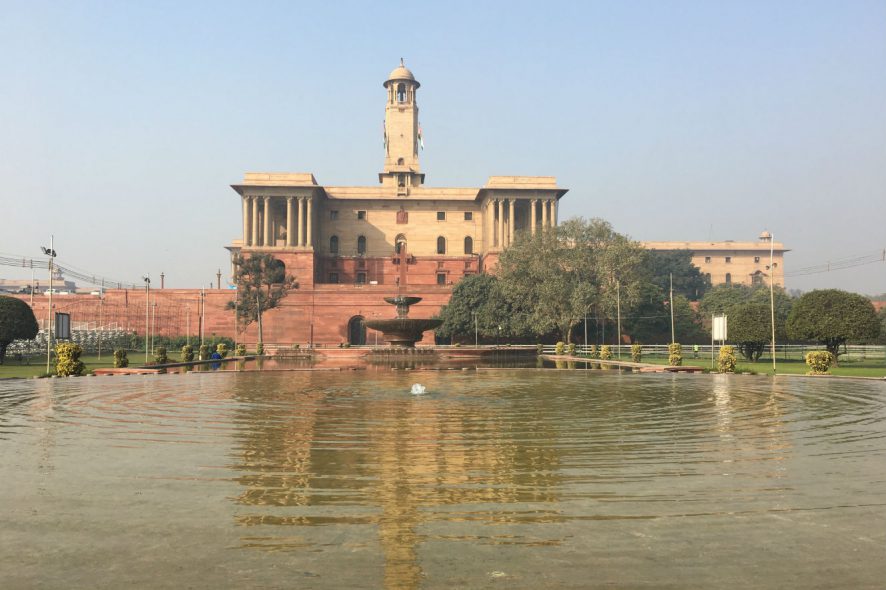The Assisted Reproductive Technology (Regulation) Bill, 2020
Introduction
On 14-09-2020, The Assisted Reproductive Technology (Regulation) Bill, 2020 was introduced in Lok Sabha.
About
Purpose of the said bill was for the regulation and supervision of the assisted reproductive technology clinics and the assisted reproductive technology banks, prevention of misuse, safe and ethical practice of assisted reproductive technology services and for matters connected therewith or incidental thereto.
What is the need to regulate the Assisted Reproductive Technology Services?
The need to regulate the Assisted Reproductive Technology Services is mainly to protect the affected women and children from exploitation.
The oocyte donor needs to be supported by an insurance cover. Multiple embryo implantation needs to be regulated and children born through ART need to be protected. The cryopreservation of sperm, oocytes and embryo by the ART Banks need to be regulated and the proposed legislation intends to make Pre Genetic Implantation Testing mandatory for the benefit of the child born through assisted reproductive technology.
Salient features of the bill are as follows:
(a) to define certain terms like “assisted reproductive technology”, “assisted reproductive technology clinic”, “commissioning couple”, “Woman”, etc.;
(b) to provide that the National Board and the State Board shall be the same Board as proposed in the Surrogacy Bill;
(c) to provide that the existing assisted reproductive technology clinics and the assisted reproductive technology banks, as on the date of the enactment of the proposed legislation, conducting assisted reproductive technology procedures partly or exclusively shall make an application to the Registration Authority within a period of sixty days from the date of establishment of the National Registry;
(d) to provide that the assisted reproductive technology services shall be available to a woman above the legal age of marriage and below the age of fifty years and a man above the legal age of marriage and below the age of fifty-five years;
(e) to provide that an oocyte donor shall be an ever-married woman having at least one live child of her own with a minimum age of three years and to donate oocytes only once in her life and not more than seven oocyte shall be retrieved from the oocyte donor;
(f) to provide that the assisted reproductive technology clinics shall provide professional counselling to commissioning couple and woman about all the implications and chances of success of assisted reproductive technology procedures in the clinic; and they shall also inform the advantages, disadvantages and cost of the procedures, their medical side effects, risks including the risk of multiple pregnancy and any such other matter as may help the commissioning couple to arrive at an informed decision that would most likely be the best for the commissioning couple and woman;
(g) to provide that the assisted reproductive technology clinics and assisted reproductive technology banks shall ensure that commissioning couple, woman and donors of gametes are eligible to avail of assisted reproductive technology procedures;
(h) to provide for offences and penalties for the contravention of its provisions.
Read the detailed bill here: BILL
Lok Sabha



